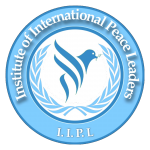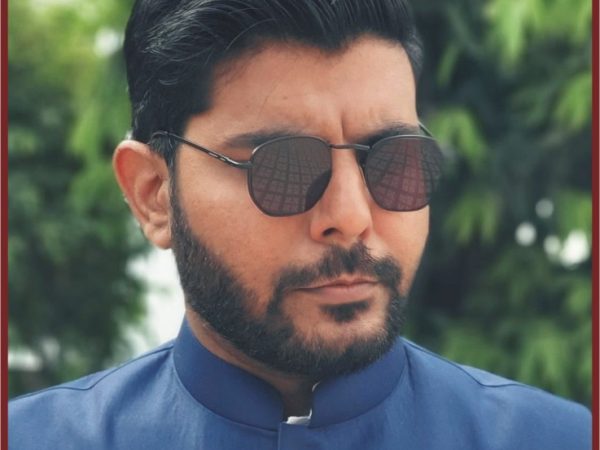
A recent and heartbreaking incident in Balochistan has raised serious questions about justice, social order and the rule of law. A young man and woman Ahsan Ullah and Bano Bibi were killed in what has been described as an “honour” crime. A video of their final moments was shared on social media, leaving many people shocked and saddened.
As a sociologist, I believe this tragedy is not just a crime it reflects a deeper social crisis. When individuals or local authorities begin to act as judges, ignoring the legal system, society enters a dangerous space where fear replaces justice and personal decisions replace lawful process.
Pakistan is a sovereign state governed by law. It has courts, judges, police and a constitution. These institutions exist so that justice can be done fairly based on evidence procedure and legal protection for all. No one whether a tribal elder, family member or local leader has the right to make judicial decisions or punish others. That right lies only with the state, through its police, legal system and courts.
Bypassing this process is not just illegal it is unjust. Every citizen, regardless of gender or background has the right to a fair trial. That includes the right to be heard, to defend themselves, and to be judged by an impartial legal authority not by personal or cultural emotions. When people take justice into their own hands, they replace reason with reaction, and law with fear. This not only endangers lives it also weakens the entire foundation of justice in society. Some people wrongly believe they are acting in the name of religion. But Islam does not give anyone the right to punish others on their own. Islam is a religion of justice and due process. It teaches us to follow lawful authority and to act with fairness and patience.
The Qur’an clearly states:
“O you who believe! Obey Allah, and obey the Messenger, and those in authority among you…”
(Surah An-Nisa 4:59)
Islam also emphasizes clear evidence, fair trial and witnesses in all legal matters. In this case, none of these principles were respected. Using the name of Islam to justify violence is a distortion of its true message. The use of the Qur’an in this violent act was symbolic but deeply misleading. Islam protects life, dignity and justice and condemns mob action or private punishment.
In many parts of our society, the idea of “honour” is linked to control over personal choices especially those of women. When someone is seen as breaking from tradition their actions are treated not as personal rights but as public threats. This is a harmful mindset. True honour does not come from punishing others it comes from patience, compassion and respecting the law. No social value or tradition can be allowed to stand above the legal rights of individuals.
What happened to Bano Bibi and Ahsan Ullah is a tragic example of how dangerous it is when the legal system is ignored. It shows the urgent need we Must Strengthen the Justice System:
- Strengthen trust in police and courts
- Ensure that only legal authorities handle conflict or accusations
- Educate communities that justice belongs in courtrooms not in hands of individuals
- Reinforce the message that Islam supports state justice not private revenge
We must also provide safety to those who are vulnerable and create space for young people to live without fear of punishment for personal decisions made within legal and moral limits.
As a sociologist, Must Be Lawful, Not Personal, I strongly believe that lasting peace and justice only come when we respect the rule of law. Everyone has the right to a fair process. No one under any title emotion or belief has the right to bypass the state’s justice system. The tragedy in Balochistan must serve as a wake-up call. We must not allow emotion or tradition to replace justice. We must speak clearly: only courts can judge, only law can punish and only the state can deliver justice.
Let us build a society where decisions are made with care, where people feel protected by the law, and where honour means mercy not harm. In the light of our faith and our values we must work for a Pakistan where justice dignity and humanity come first.
Laraib Javaid is a Sociologist, Lecturer and Director of Internships at the International Institute of Peace Leaders. Her work focuses on gender, justice and social development in Pakistan.


